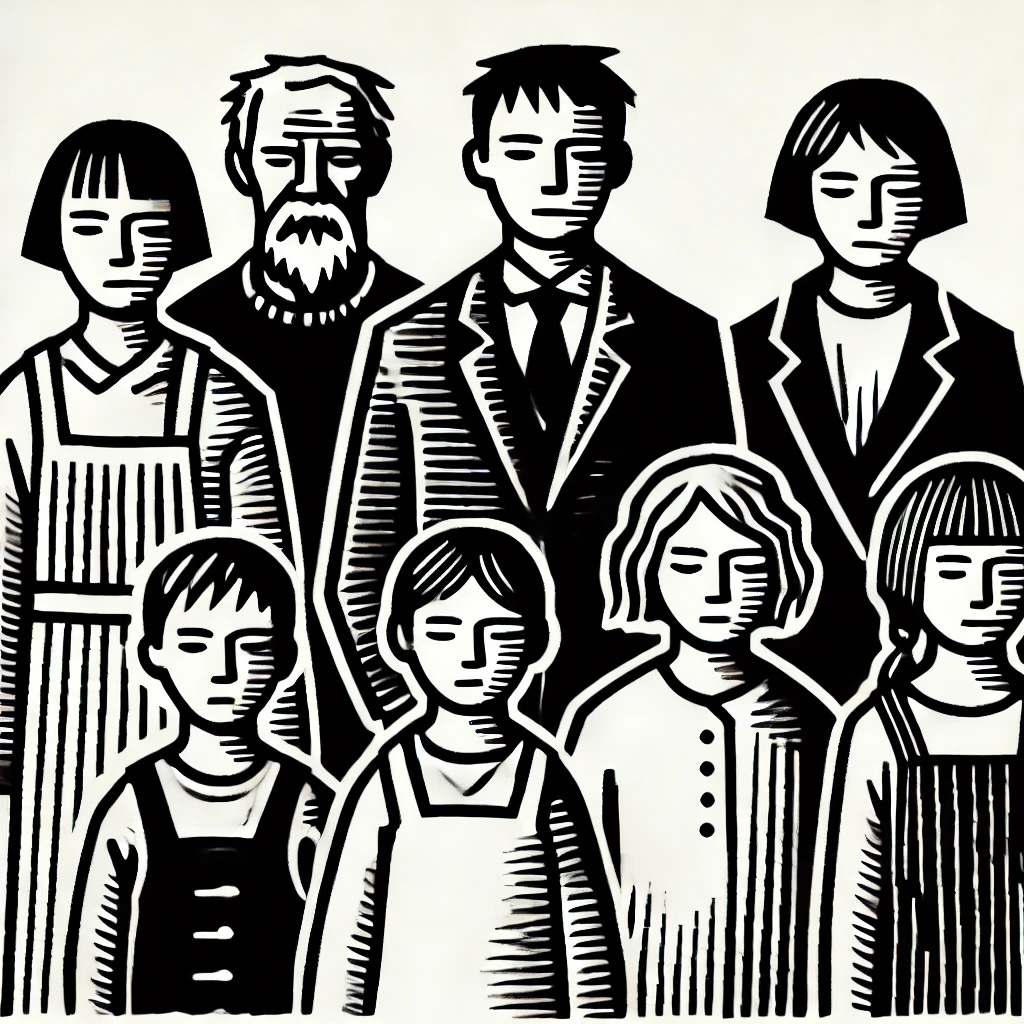Ugly People Shouldn't Procreate
The self-evidently satirical message of Shakespeare's “procreation sonnets”
Argument
The first 17 of Shakespeare’s Sonnets suggest unattractive people should refrain from reproducing. Why? Because they’re sendups of a Petrarchan tradition absolutely obsessed with beauty. [500 words/3mins]
NOTE: The text below is excerpted from my PhD thesis, Anti-Petrarchism in Early Shakespeare, which argued that Shakespeare satirizes Petrarch in five works from the 1590s: Venus & Adonis, Romeo & Juliet, A Midsummer Night's Dream, Love's Labor's Lost, and yes, the Sonnets, or at least the first 17 of them! (Wouldn’t claim the same about the rest). See what you think!
The speaker’s preoccupation with beauty also leads him to denigrate ugly people, and not only that, but to wish for their elimination. In Sonnet 11, the speaker enjoins,
Let those whom Nature hath not made for store,
Harsh, featureless, and rude, barrenly perish. (9–10)
As editors agree, the lines refer to people who are not physically attractive, but ill-favored or ugly. According to the speaker, such people do not deserve to live. “Let” them all “perish,” he says, speaking in his favorite mood, the imperative. And not just that. Let them perish “barrenly,” that is, die childless. In short, ugly people and their ugly children should cease to exist. Nature does not desire their multiplication.
As a call for ugly people’s extinction, if not extermination, the command may appear to be something of an anomaly in sonnets whose ostensible focus is human “increase.” In fact, the call is consistent with what the speaker has both valued, and advocated, from the start. Indeed, the couplet reads almost as a gloss on the speaker’s thesis-statement,
From fairest creatures we desire increase,
That thereby beauty’s rose might never die. (1.1–2)
At first glance, this couplet may appear to mean something very different from the couplet in Sonnet 11. In fact, they say much the same thing. To qualify for self-reproduction, you must be among the “fairest” of all creatures. Unless you are among the elite of the attractive, you do not meet the speaker’s criteria for procreation. You are attractive but not exceptionally so: no reproduction for you!
At one point, the speaker accuses the youth of threatening to depopulate the world (11.7–8). But it may be the speaker himself who threatens this, given his impossible-to-meet standard for who ought, and who ought not, breed. Indeed, the statement, “From fairest creatures we desire increase” could be re-stated as “From unfairest creatures we desire decrease.” In other words, Sonnet 11 simply makes explicit what is implicit in Sonnet 1. Let featureless people perish is not antithetical to the speaker’s thesis; it is that thesis stated inversely. “From fairest creatures we desire increase” has the air of a profound universal truth. It is really more of a statement of preference about demographics, even eugenics, both based solely on aesthetics. From here, it is a small step to the view that unattractive people should refrain from procreating lest they fill the earth with their unsightly offspring.



When reading the first 17 sonnets (knowing they are writ to/for a particular person who is beauty embodied) I've completely glazed over the ugly bits. In your insightful piece, I now see how the over stating of the recipient's outward beauty, dismisses the cry for procreation in the Uglies (a tie-in to the Netflix movie, where the ugly people were the ones who were truly beautiful). I wonder if WS considered himself worthy of procreation? 🤔
New subscriber, mythologist and professional wordsmith. Love this already.
This line-- Let those whom Nature hath not made for store
I hadn't considered the phrase "made for store" before. Is this an established phrase that Shakespeare is borrowing or is it one he coined? (Googling it just brings up the sonnet itself without any etymology)
I'm assuming that by "store" we mean store as in preserve, so that it continues to be made available, as opposed to scrap or trash which doesn't survive into the future?